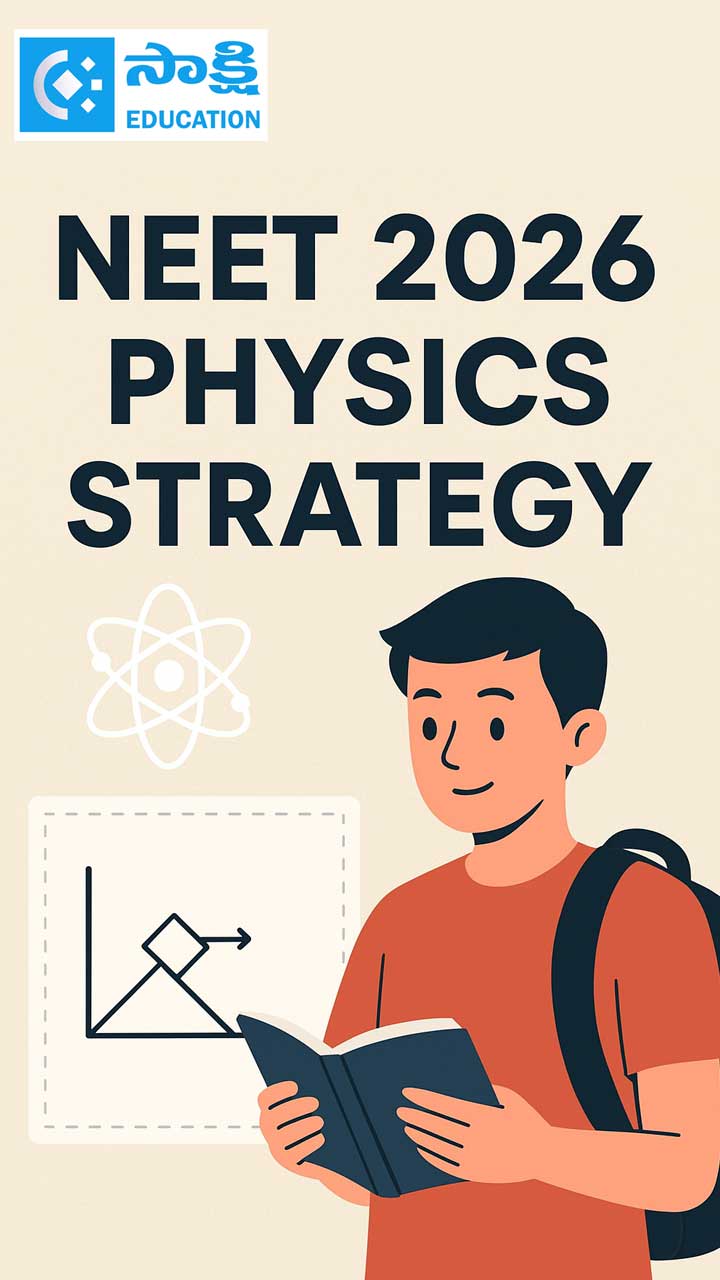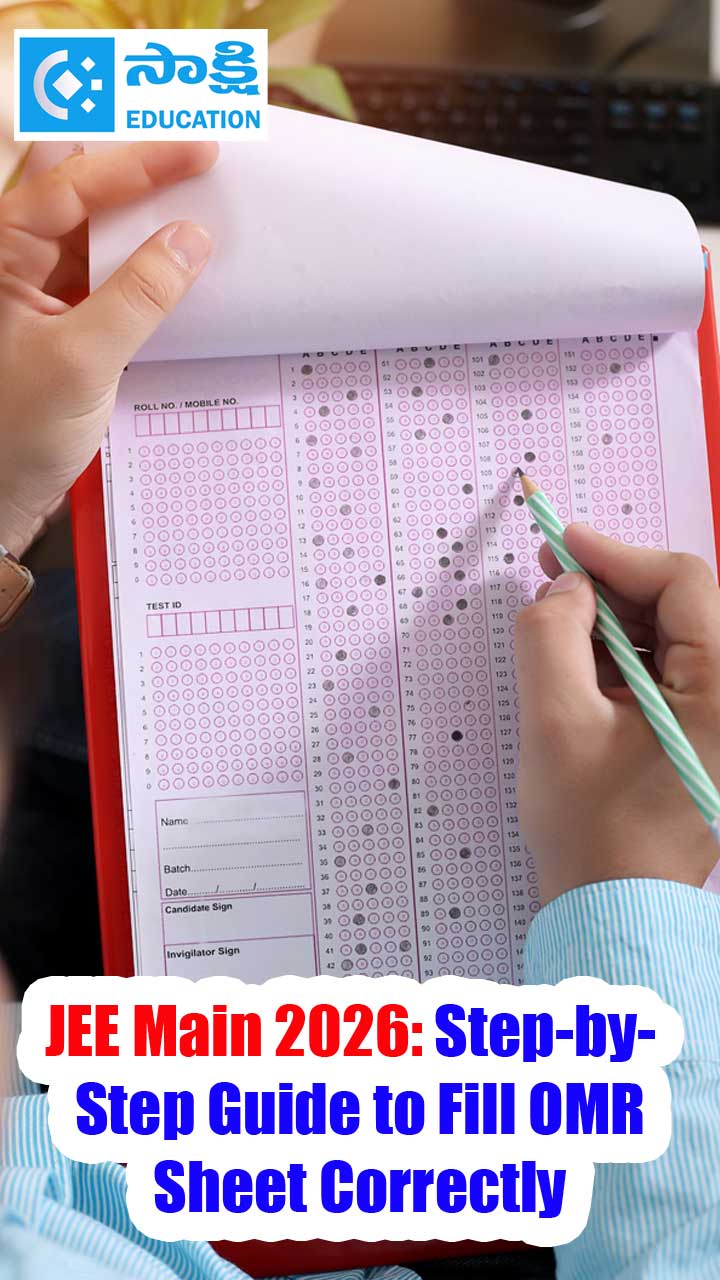Present perfect tense
Sakshi Education

We have been talking about the use of verbs at different timings in the present. We do complete certain actions and do not use past tense but present prefect. There is a slight difference between past tense and present perfect. Let us study present perfect in detail.
FORMRam has done the work. Ram and Hari have done the work. I have done the work. He has done the work. They have done the work. I have seen a movie.
The verb after perfect tense is ‘past participle but not past’.
I have saw the movie. (Wrong)
Functions / contexts of present perfect:
We use the Present Perfect to say that an action happened at an
unspecified time before now.
when I was a child, at that moment, that day, one day, etc.
She traveled many parts of the world. Man has walked on the Moon. Doctors have cured many deadly diseases. The cost of rice has increased these days.
I have cut my finger, it is bleeding now.
For an unfinished action/ when the time period is not finished. Or some thing happened in the past and may happen in future.
Ravi has not finished his homework yet.
The use of ‘since’ and ‘for’ with perfect tense
. > announced the schedule of exams last week. >
Asking questions:
Fill in the blanks with right form of the verb.
FORM
- Have ® Plural subjects
- Has ® Singular subject
Subject + have/has + past participle.
The Present Perfect verb tense can be used to express something in the past when we don't know when it happened or when it happened is not important.
The Present Perfect verb tense can be used to express something in the past when we don't know when it happened or when it happened is not important.
Observe the following sentences.
- I have read this book many times.
The word many times does not express when exactly it happened.
- I have read the book twice.
‘Twice’ tells how many times but not the exact time.
The verb after perfect tense is ‘past participle but not past’.
I have saw the movie. (Wrong)
Functions / contexts of present perfect:
We use the Present Perfect to say that an action happened at an
unspecified time before now.
- I saw a movie. (Action is completed, though time is not specified it is understood that it was completed some where in the past – yesterday or earlier to that.)
- I saw a movie yesterday. (right)
when I was a child, at that moment, that day, one day, etc.
- I have seen a movie yesterday. (wrong)
- I have read this book when I was a child. (Wrong)
- I have read that book many times.
- I think I have seen that movie earlier.
- Have you ever been to Mumbai? No, I have not been to Mumbai.
I have cut my finger, it is bleeding now.
For an unfinished action/ when the time period is not finished. Or some thing happened in the past and may happen in future.
- She has come to my house several times.( may come even in future)
- They have had many troubles while working with the new machine.
- The principal has concentrated on extra curricular activities.
- Many changes have taken place in politics recently.
- The importance of soft skills has increased in the work environment.
- His English has really improved since he moved to Australia.
Ravi has not finished his homework yet.
The use of ‘since’ and ‘for’ with perfect tense
- She has been a teacher for five years. (period of time)
- She has been a teacher since June. (point of time)
- I read the book.
- I have read the book.
. > announced the schedule of exams last week. >
| Present perfect | Past |
| Time period is not finished I have read the book twice this week. | Time period is finished I read the book. |
| To give the recent news The Board has announced the schedule for exams | To give past information The board |
| Time is not specific He has been to that hotel many times | Time is specific in the past He went to that hotel yesterday. |
- Giving or asking for news or recent events.
Have they completed the work? - Asking for experience
Have you ever been to Hyderabad?
Fill in the blanks with right form of the verb.
- Ravi ……………..a student here since April.
- So far it ……… for three hours.
- The Chief of Police ………. questioned in connection with the scandal.
- I …………. my work yet.
- Raghu ……….. a store recently.
- He ……… a letter last week.
- Germany ………the World Cup three times.
- ……….you ever worked for the government?
- Ravi has been a student here since April.
- So far it has rained for three hours.
- The Chief of Police has been questioned in connection with the scandal.
- I have not finished my work yet.
- Raghu has opened a store recently.
- He wrote a letter last week.
- Germany has won the World Cup three times.
- Have you ever worked for the government?
Published date : 15 Dec 2010 06:19PM









